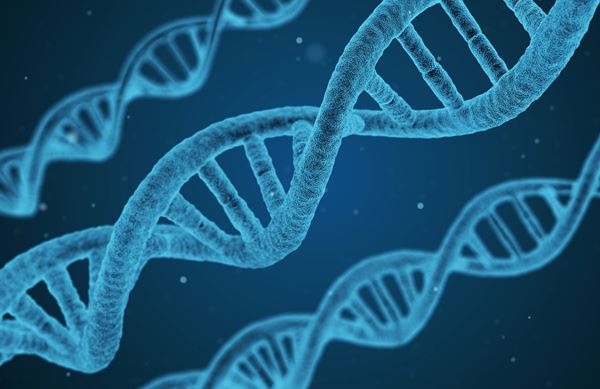
Stem cells have the unique ability of being able to change into other types of cells. Some can change into one type of cell, while others can turn into a variety of cells. For example, Mesenchymal stem cells can change into a variety of cells including bone, cartilage and fat cells. Stem cells have another interesting characteristic — they stay young.
In a recent study, scientists from California managed to successfully harness this characteristic and improved the lifespan of some mice. While the technique does not work on humans, the findings from the research may help scientists create treatments that keep human tissue healthy.
Howard Chang, a scientist working at the Stanford University School of Medicine in Palo Alto, California, suggests that the findings proved that “ageing is not just a passive process. We can intervene to change the outcome.”
The researchers used epigenetic modifications to change adult cells into stem cells. This process also changes “epigenetic marks” that inform chromosomes on how tightly they should bind DNA coils and how active individual genes are. Epigenetic marks change as a person ages, resulting in altered gene activity.
Previous studies have changed epigenetic marks on cells to alter their metabolism, returning the cells of older people to their younger state. However, this kind of modification has only been previously performed on human cells in a petri dish. This new study is the first time that the technique has been used on live animals.
The researchers genetically modified the mice so four key genes would change the mice received an antibiotic. Those genes made some of the mice’s adult cells turn into stem cells. The mice also had a condition called Hutchinson-Guilford progeria syndrome (HGPS), which causes premature ageing.
When the researchers gave the antibiotic to the mice, some of the signs of premature ageing were reduced. The rodents had healthier organs, their skin wasn’t as thin, and their life span was lengthened by more than a third. This exciting research shows that stem cells may one day be used to slow or stop the ageing process.
Source: Researchers rejuvenate aging mice with stem cell genes
{{cta(‘010124f3-c9bc-4a23-b9fc-74953e6288c9’)}}


